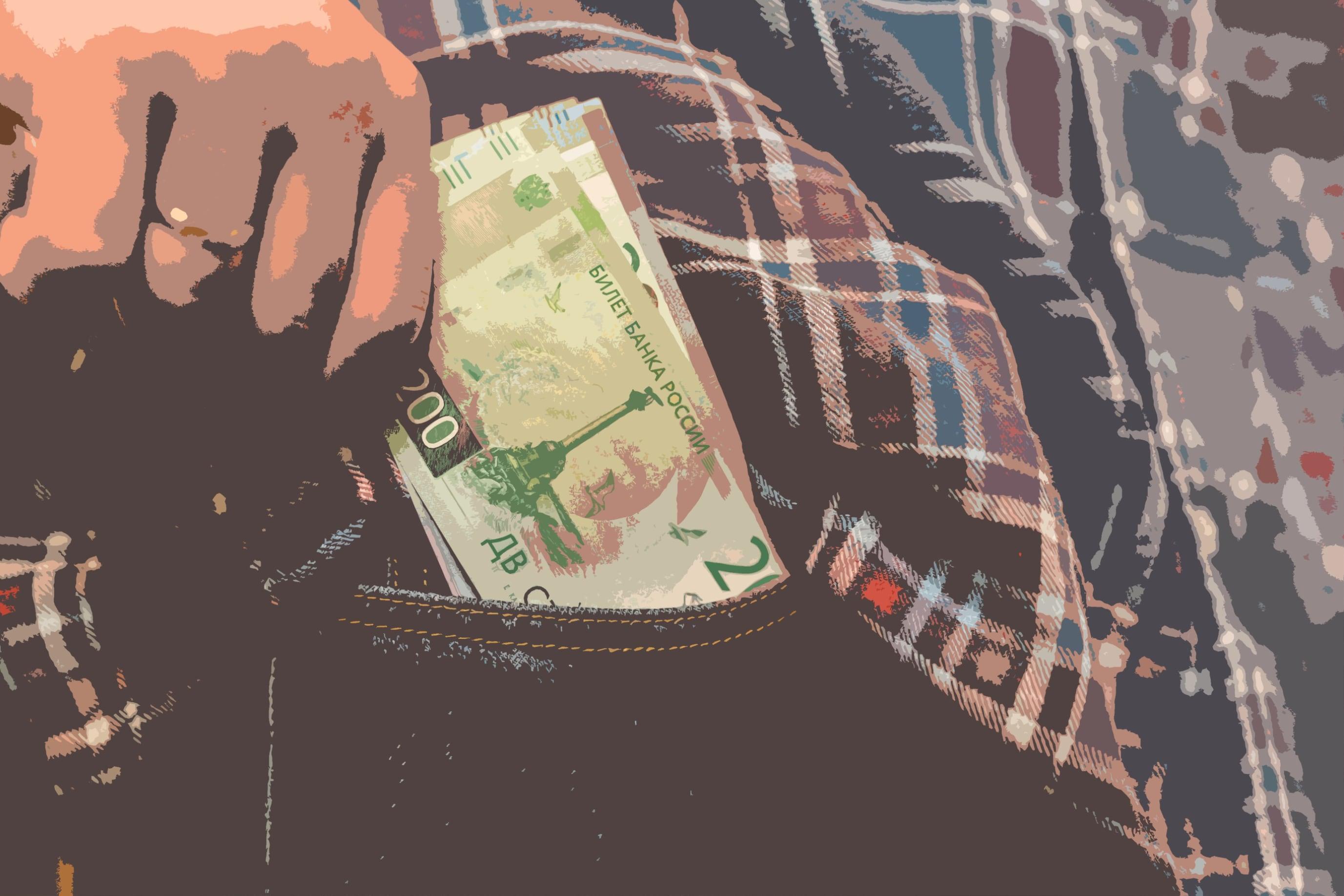By James Furlo on
Kiyosaki's #1 Lesson: Buy Assets That Put Money In Your Pocket

A revision of my 2012 Outside the Rat Race classic "Buy Assets That Put Money In Your Pocket " Enjoy.
I'm a fan of Robert Kiyosaki. My mom introduced me to him in 7th grade after she heard him in an interview about a new (at the time) book called, "Rich Dad Poor Dad ." I'd wager it's the #1 reason people start investing in real estate today. If you haven't read it, I recommend it, along with the sequel, "Rich Dad's CASHFLOW Quadrant ."
(Thanks, Mom, for recognizing greatness and deciding her 7th-grade son should read it)
Buy Cash-Flowing Assets
Back in 2012, Kiyosaki shared a couple of thoughts on Twitter on making more money.
I don't think I'd say it's "only helpful," but I agree that buying assets is the best use of your income after paying for basic living needs. We can debate if something is a "need" or a "want," but that's focusing on the wrong part. The question is: what should you do with the remaining funds at the end of the month? Kiyosaki recommends purchasing assets.
Note: If you still have consumer debt, you don't have any extra money. Instead, the "extra" should all go towards the debt. Seriously, treat it like a debt emergency and pay them off. I recommend the snowball loan payments Furlo style .
So, What's An Asset?
I love this definition and live by it. Assets are anything that puts money in your pocket. Here are some examples:
- Businesses (via stocks or wholly owned)
- Royalties (such as from a book)
- Rental Property
So, what's not an asset?
- Your home
- A car
- Collectables (especially NFTs)
Your Home Is Not An Asset
I can feel your gears grinding on your home. Remember, this isn't an accounting definition but a financial freedom definition. Since your home doesn't put money in your pocket - instead, you pay for insurance, taxes, utilities, and repairs - it's a liability. Yes, you might work out of your home or occasionally rent it on Airbnb, but unless you're earning more than you're spending - like with a traditional rental - it's not an asset. Again, it's a liability from a financial freedom mindset.
To be clear: I'm not saying liabilities are bad. We love our dog despite his liability on our bank account. I also love our house. The goal should be to purchase these liabilities using income from assets, not jobs. So, if you get a raise, put that towards buying assets, not fanciers clothes.
That's what we did with our dog: We didn't get one until we increased the rent for one of our rentals by $100. It felt weird spending money to fix up the rental instead of just getting a dog, but that rental continues to pay for him today, which is significantly more than the original amount we spent!
If you're saving for retirement, you're already buying assets you'll live on one day. Congrats! Unfortunately, many people save so little that it takes them until they're 65 or older to accumulate enough assets to pay for their level of living. To make things worse, they almost exclusively invest in the stock market, which produces middling, volatile returns. And they have to sell the stock to get cash from the investment (meaning they no longer own the asset), but this isn't about my disillusionment with the stock market.
Stop Buying Liabilities
If you learn to enjoy life on less money - and embrace some voluntary hardship - it will create a double benefit. You'll be able to save more because you're spending less, and you wouldn't need to accumulate as many assets because the costs it needs to cover would be less. That's how I was able to quit my job in 12 years - by enjoying life on less.
Kiyosaki advises that you stop buying liabilities and personal effects you don't need. The good news is that it probably doesn't require radical changes. Instead, be purposeful with your spending and focus on buying assets.
So, that's my encouragement today. Keep your main gig - you don't need to become an active real estate investor. Try some experiments on living with less, and then invest the money you saved into assets. If you'd like to know more about investing passively in cash-flowing rentals while you keep your main gig, let's chat.
Let's build your wealth and
improve housing, together
Share what you learned


